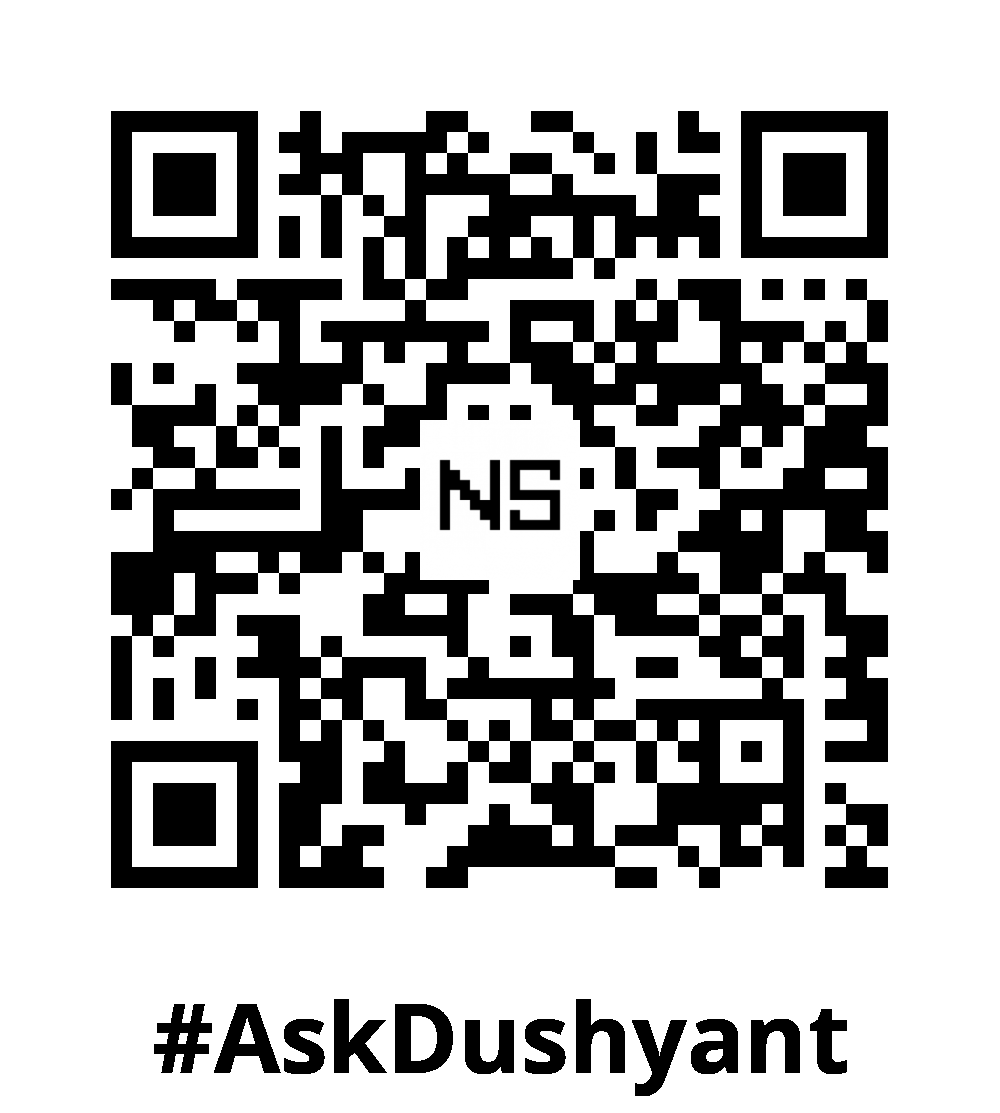Entering the world of coding is a thrilling experience, full of possibilities and challenges. As you start to navigate this landscape, it’s important to establish solid habits early on to ensure your growth as a developer.As a tech advisor, I always emphasize that good coding practices aren’t just for seasoned professionals; they’re crucial right for beginner too. In this tech concept, we’ll dive into ten essential coding best practices that every beginner should embrace to build a strong foundation for success in software development. By adopting these practices, you’ll be able to write code that is not only functional but also efficient, readable, and maintainable.
1. Write Clean and Readable Code
Clean code is the cornerstone of effective programming. By using proper indentation, meaningful variable names, and consistent formatting, you make your code easier to read and maintain. This not only helps others understand your work but also makes it easier for you to revisit your own code after some time.
2. Prioritize Comments
Comments are essential for explaining complex logic or non-obvious code sections. They provide context and insight, helping others (and future you) understand why a particular approach was taken. However, avoid over-commenting; the code itself should be self-explanatory whenever possible.
3. Master Version Control
Version control systems like Git are indispensable tools for tracking changes, collaborating with others, and managing different versions of your code. Learning Git commands and understanding branching and merging are critical skills that will serve you throughout your coding career.
4. Embrace Testing
Writing tests is crucial for ensuring that your code works as expected. Unit tests check individual components, while integration tests ensure that different parts of your system work together. Regularly testing your code helps catch errors early and ensures reliability.
5. Practice DRY (Don’t Repeat Yourself)
The DRY principle is all about avoiding code duplication. By creating reusable functions or modules, you reduce redundancy, make your code more efficient, and simplify future maintenance.
6. Leverage Code Reviews
Code reviews are an invaluable learning tool. By seeking feedback from others, you gain insights into better practices, catch potential issues, and learn new approaches. Participating in code reviews also improves your ability to critically evaluate code.
7. Learn Debugging Techniques
Debugging is a critical skill in programming. Developing techniques to identify and fix issues quickly and efficiently will save you time and frustration. Familiarize yourself with debugging tools and learn to read and interpret error messages effectively.
8. Understand Data Structures and Algorithms
A solid understanding of data structures and algorithms is key to writing efficient code. Knowing when to use arrays, lists, or trees, and how to implement sorting or searching algorithms, can greatly impact your code’s performance and scalability.
9. Continuously Learn
The tech world is always evolving, with new languages, frameworks, and tools emerging regularly. Make continuous learning a habit by staying updated with industry trends, exploring new technologies, and improving your existing skills.
10. Build Projects
Applying your knowledge by building projects is one of the best ways to gain practical experience. Whether it’s a personal project, a contribution to an open-source initiative, or a team effort, working on real-world problems helps solidify your skills and provides valuable portfolio material.
My Tech Advice: By incorporating these best practices into your coding routine, you’ll lay a solid foundation for a successful and fulfilling career in software development. Remember, clean code, effective collaboration, and a thirst for knowledge are key to becoming a proficient programmer. Start practicing these habits now, and they will serve you well throughout your coding journey. 🧑🏻💻
#AskDushyant
#CodingBestPractices #BeginnerProgramming #CleanCode #SoftwareDevelopment #CodeQuality #Programming


Leave a Reply